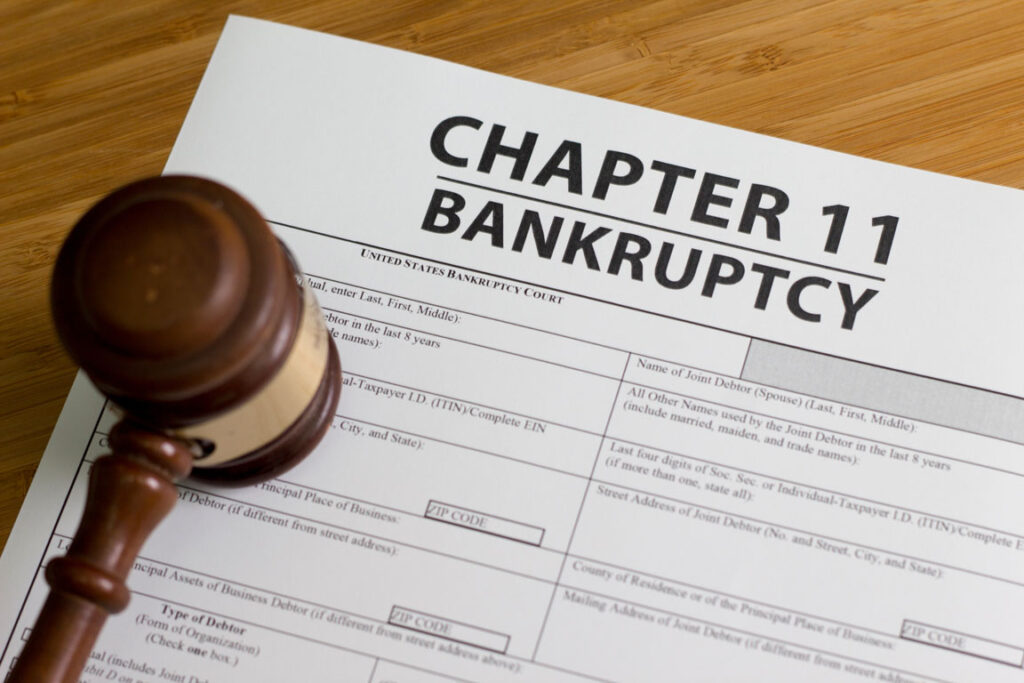Filing for chapter 11 bankruptcy is a smart choice for business owners struggling with debt. Chapter 11 bankruptcy provides businesses with a fresh financial start, enabling them to restructure their debts and assets while continuing operations. At Todd Cushner & Associates, our bankruptcy litigation experts have helped numerous businesses throughout White Plains file for chapter 11 bankruptcy, achieving the results they deserve.
What Is Chapter 11 Bankruptcy?
A case filed under chapter 11 of the United States Bankruptcy Code is frequently referred to as a “reorganization” bankruptcy. Usually, the debtor remains “in possession,” has the powers and duties of a trustee, may continue to operate its business, and may, with court approval, borrow new money. A plan of reorganization is proposed, creditors whose rights are affected may vote on the plan, and the plan may be confirmed by the court if it gets the required votes and satisfies certain legal requirements.

First Steps of Chapter 11 Bankruptcy
A chapter 11 case begins with the filing of a petition with the bankruptcy court serving the area where the debtor has a domicile, residence, or principal place of business. A petition may be a voluntary petition, which is filed by the debtor, or it may be an involuntary petition, which is filed by creditors that meet certain requirements. 11 U.S.C. §§ 301, 303. A voluntary petition must adhere to the format of Form B 101 of the Official Forms prescribed by the Judicial Conference of the United States. Unless the court orders otherwise, the debtor also must file with the court:
- schedules of assets and liabilities;
- a schedule of current income and expenditures;
- a schedule of executory contracts and unexpired leases; and
- a statement of financial affairs. Fed. R. Bankr. P. 1007(b).

Common Uses of Chapter 11 Bankruptcy
Chapter 11 is typically used to reorganize a business, which may be a corporation, sole proprietorship, or partnership. A corporation exists separate and apart from its owners, the stockholders. The chapter 11 bankruptcy case of a corporation (corporation as debtor) does not put the personal assets of the stockholders at risk other than the value of their investment in the company’s stock. A sole proprietorship (owner as debtor), on the other hand, does not have an identity separate and distinct from its owner(s). Accordingly, a bankruptcy case involving a sole proprietorship includes both the business and personal assets of the owners-debtors. Like a corporation, a partnership exists separate and apart from its partners. In a partnership bankruptcy case (partnership as debtor), however, the partners’ personal assets may, in some cases, be used to pay creditors in the bankruptcy case or the partners, themselves, may be forced to file for bankruptcy protection.
Reinvigorating Your Business With Chapter 11 Bankruptcy
When business owners find themselves in seemingly insurmountable debt, many of them tend to believe there is no hope for the future. This however, is not the case. The bankruptcy attorneys of Todd Cushner & Associates will work with you to help keep your business afloat, providing you with the financial clean slate necessary to thrive. Contact us today to schedule a free consultation.

